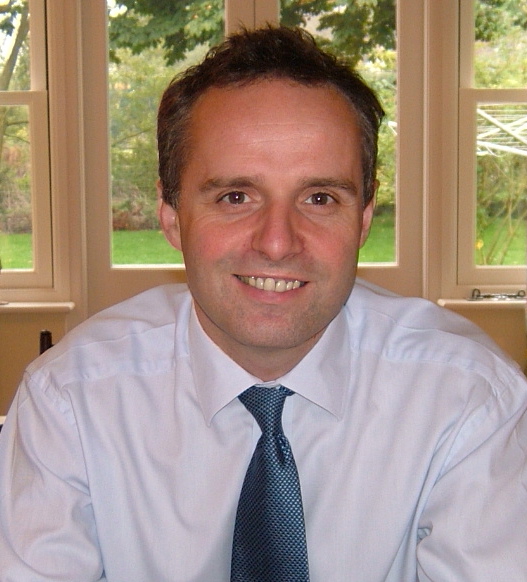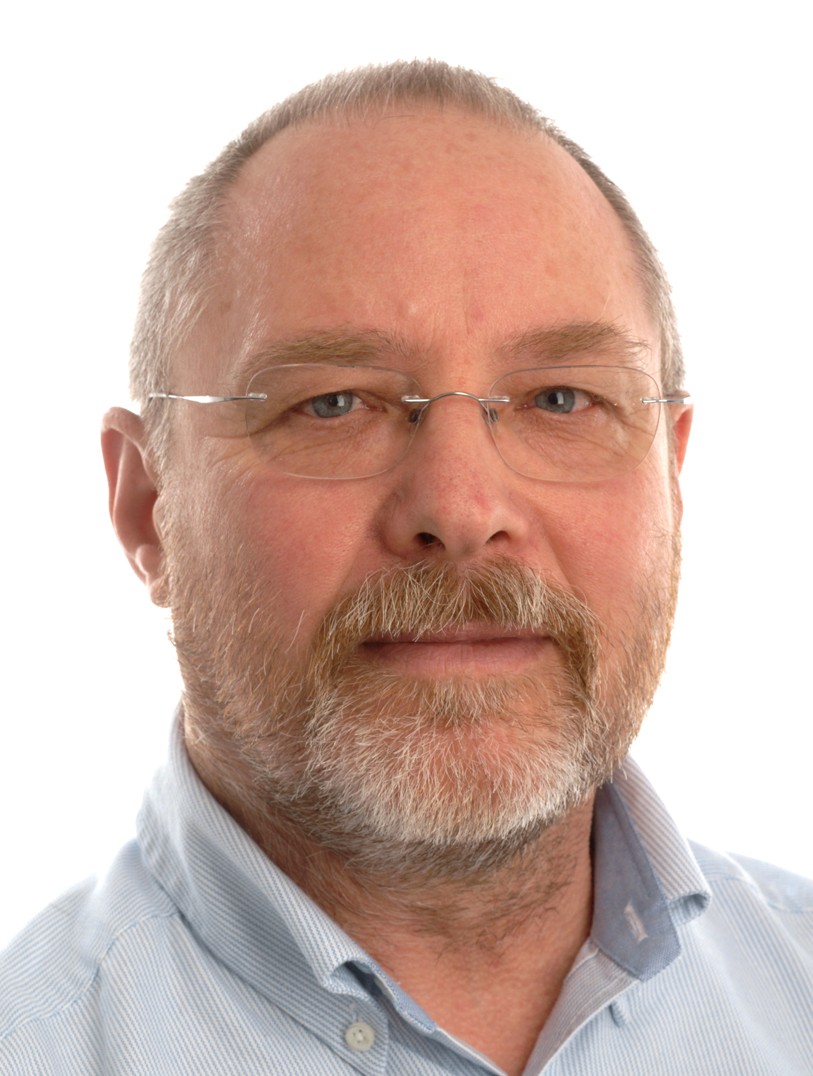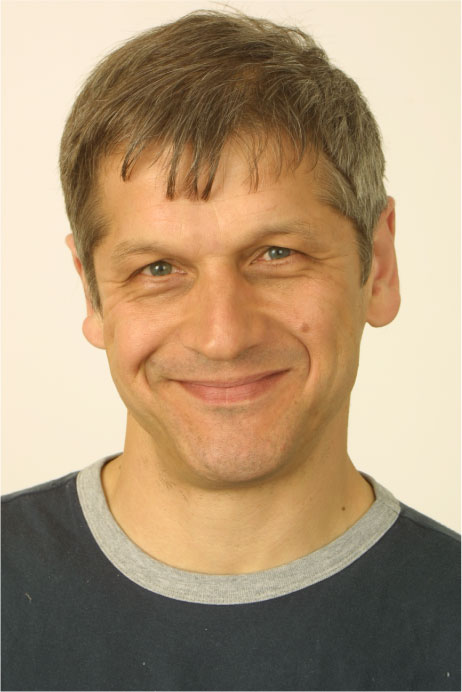Chirp
The Cambridge Hearing Instrument Research Programme consists of a group of scientists and clinicians working together to improve treatment for deaf and hard of hearing patients. It has recently been named as a “Centre of Excellence” by Deafness Research U.K. who aim to raise funds to further our work.
Although hearing loss cannot be “cured”, it can be alleviated by providing the patient with a device, which, depending on the cause of the deafness, may be a hearing aid, a cochlear implant, or an auditory brainstem implant. Although these “hearing instruments” differ in the way they operate, similar challenges must be met if we are to improve the benefit provided to deaf and hard of hearing people. Specifically, the development of the devices must not only be based on detailed knowledge of how the damaged ear works, but this knowledge must be translated directly into clinical application. This is something of a tall order, because, traditionally, scientists have been based exclusively in the laboratory, while clinical responsibilities have often prevented those working in a medical environment from developing their research ideas. To meet this challenge, our group combines the expertise of scientists and clinicians who work closely together, and who have a strong track record of collaborating with medical device manufacturers and of translating research into clinical practice.
Past achievements
In the past, we have:
- Developed a method of automatic volume control that has been widely adopted by hearing-aid manufacturers (e.g. Siemens) and by a cochlear implant manufacturer (Advanced Bionics).
- Identified an optimal method for programming auditory brainstem implants, that has been adopted in clinics both within the U.K. and overseas.
- Developed a model for the perception of loudness by hearing-impaired people that has been used to design methods for fitting hearing aids, specifically “Camfit” and NAL-NL1. These methods are used by many manufacturers of hearing aids.
- Developed a method for diagnosing “dead regions” in the cochlea, which has been widely adopted for use in audiology clinics. The results are useful in fitting hearing aids and in predicting the likely benefit of hearing aids.
- Produced a method for predicting the perceived effects of distortion in sounds, that has been used by hearing-aid companies such as Starkey.
- Provided guidelines to hearing-aid manufacturers about the limits of the time delays (introduced by signal processing) that are acceptable for hearing aid use for different types of hearing aids and hearing losses.
- Provided guidelines to hearing-aid manufacturers about the gains required at high frequencies in order to restore the audibility of speech using the latest-generation wide-bandwidth hearing aids.
- Demonstrated that the likely site for tinnitus inhibition by intravenous amide anaesthetics lies within the central auditory system rather than the cochlea: this information is influential upon the design of novel drug treatments for tinnitus, both in Cambridge and elsewhere
Future goals
Some of future plans include:
(i) Applying novel electrical wave shapes invented by some of our scientific members into intra-operative procedures performed by our surgeon, and evaluated by our consultant cochlear implant clinician
(ii) Developing new signal processing techniques for hearing aids in our scientific laboratories, that will be evaluated clinically by our consultant audiologist
(iii) Producing new methods for selecting and fitting hearing aids that are based on tests of auditory function, and that go well beyond the traditional audiogram.
(iv) Identifying and evaluating new tinnitus-relieving sounds for cochlear implant patients
All of these projects benefit from a combination of physiological, psychological, signal-processing, surgical, and clinical expertise, and allow cutting edge scientific discoveries to be translated into clinical practice.
Members
Mr Patrick Axon
 Patrick Axon is a consultant neuro-otologist and cochlear implant surgeon at Addenbrooke’s hospital, Cambridge. He is clinical lead at the Cambridge Implant Programme. The Cambridge skull base unit is one of the largest in the U.K. , and one of only two that specialises in Auditory Brainstem Implants. He is a Fellow of the Royal College of Surgeons
Patrick Axon is a consultant neuro-otologist and cochlear implant surgeon at Addenbrooke’s hospital, Cambridge. He is clinical lead at the Cambridge Implant Programme. The Cambridge skull base unit is one of the largest in the U.K. , and one of only two that specialises in Auditory Brainstem Implants. He is a Fellow of the Royal College of Surgeons
Mr. John Briggs
 John Briggs is Clinical Lead of the Hearing Implants Programme at Addenbrooke’s Hospital, Cambridge, which provides Cochlear Implants, Auditory Brainstem Implants and Bone Anchored Hearing Aids to children and adults For some years he was the Educational Audiologist for the implant team and previously for Education Authorities in Hertfordshire and the Isle of Wight. Within that role, he had responsibility for the audiological management of children within their educational environment, training educational staff, providing advice on the management of hearing impaired children in educational settings and advising the county on the acoustic design and modification of listening environments. He has also previously worked in a range of educational settings, both signing and oral, as a Teacher of the Deaf, and has managed a support unit for hearing impaired pupils.He is a frequent speaker at conferences both in the UK and internationally with a particular interest in the impact of acoustic environment on learning.
John Briggs is Clinical Lead of the Hearing Implants Programme at Addenbrooke’s Hospital, Cambridge, which provides Cochlear Implants, Auditory Brainstem Implants and Bone Anchored Hearing Aids to children and adults For some years he was the Educational Audiologist for the implant team and previously for Education Authorities in Hertfordshire and the Isle of Wight. Within that role, he had responsibility for the audiological management of children within their educational environment, training educational staff, providing advice on the management of hearing impaired children in educational settings and advising the county on the acoustic design and modification of listening environments. He has also previously worked in a range of educational settings, both signing and oral, as a Teacher of the Deaf, and has managed a support unit for hearing impaired pupils.He is a frequent speaker at conferences both in the UK and internationally with a particular interest in the impact of acoustic environment on learning.
Dr. David Baguley
 David Baguley is a Consultant Clinical Scientist (Audiology) at Addenbrooke’s Hospital, Cambridge. His clinical interests reflect a career working in partnership with Otologists, specifically tinnitus and patients with Vestibular Schwannoma. He has successfully combined his clinical training, including an M.Sc. in Audiology at Manchester University, with a PhD on tinnitus research at Cambridge University. He became the Head of the Audiology Department at Addenbrooke’s Hospital, Cambridge in 1989. He has over 100 peer-review publications, and has peer reviewed manuscripts for many learned journals. He is a co-author on the books : “Tinnitus: a multidisciplinary approach” (Whurr, 2005) and “Hyperacusis” (Plural, 2007), and edited the forthcoming 7th edition of Ballantyne’s Deafness with John Graham. In 2006 David received an “International Award in Hearing” from the American Academy of Audiology, and in 2008 was awarded (with Don McFerran) the Shapiro Prize of the British Tinnitus Association for the second time. David is a Fellow of Wolfson College, Cambridge University, and holds an honorary Chair at Anglia Ruskin University
David Baguley is a Consultant Clinical Scientist (Audiology) at Addenbrooke’s Hospital, Cambridge. His clinical interests reflect a career working in partnership with Otologists, specifically tinnitus and patients with Vestibular Schwannoma. He has successfully combined his clinical training, including an M.Sc. in Audiology at Manchester University, with a PhD on tinnitus research at Cambridge University. He became the Head of the Audiology Department at Addenbrooke’s Hospital, Cambridge in 1989. He has over 100 peer-review publications, and has peer reviewed manuscripts for many learned journals. He is a co-author on the books : “Tinnitus: a multidisciplinary approach” (Whurr, 2005) and “Hyperacusis” (Plural, 2007), and edited the forthcoming 7th edition of Ballantyne’s Deafness with John Graham. In 2006 David received an “International Award in Hearing” from the American Academy of Audiology, and in 2008 was awarded (with Don McFerran) the Shapiro Prize of the British Tinnitus Association for the second time. David is a Fellow of Wolfson College, Cambridge University, and holds an honorary Chair at Anglia Ruskin University
Dr. Bob Carlyon

Bob Carlyon studies ways to improve hearing by deaf people who have been fitted with a cochlear implant. An area of particular interest concerns how to improve the ability of patients to understand speech in noisy situations. His research also aims to improve pitch and music perception by implant users. His previous achievements include developing a new method for fitting an auditory brainstem implant, and, with colleagues at the University of Leuven, identifying new, highly efficient waveform shapes for use in cochlear implants. He is a programmel leader at the MRC Cognition and Brain Sciences Unit in Cambridge. He has been awarded the R.Bruce Lindsay Award by the Acoustical Society of America, is a Fellow of that Society, and is an Official Fellow of Clare Hall, Cambridge. More information about his research can be found here
Professor Brian Moore
 Brian Moore is Professor of Auditory Perception in the University of Cambridge. His research focuses on the perception of sound by people with normal and impaired hearing, and on the design and fitting of hearing aids. He is a Fellow of the Royal Society, the Academy of Medical Sciences, and the Acoustical Society of America. He is President of the Association of Independent Hearing Healthcare Professionals (UK). In 2003 he was awarded the Acoustical Society of America Silver Medal in physiological and psychological acoustics. In 2004 he was awarded the first “International Award in Hearing” from the American Academy of Audiology. He has twice been awarded the Littler Prize of the British Society of Audiology. In 2008 he received the Award of Merit from the Association for Research in Otolaryngology and the Hugh Knowles Prize for Distinguished Achievement from Northwestern University. He is a Fellow of the Royal Society and of Wolfson College, University of Cambridge. More information about his research can be found here
Brian Moore is Professor of Auditory Perception in the University of Cambridge. His research focuses on the perception of sound by people with normal and impaired hearing, and on the design and fitting of hearing aids. He is a Fellow of the Royal Society, the Academy of Medical Sciences, and the Acoustical Society of America. He is President of the Association of Independent Hearing Healthcare Professionals (UK). In 2003 he was awarded the Acoustical Society of America Silver Medal in physiological and psychological acoustics. In 2004 he was awarded the first “International Award in Hearing” from the American Academy of Audiology. He has twice been awarded the Littler Prize of the British Society of Audiology. In 2008 he received the Award of Merit from the Association for Research in Otolaryngology and the Hugh Knowles Prize for Distinguished Achievement from Northwestern University. He is a Fellow of the Royal Society and of Wolfson College, University of Cambridge. More information about his research can be found here
Dr. Ian Winter
Ian Winter is a Senior Lecturer in the Department of Physiology, Development and Neuroscience at the University of Cambridge. He is an expert on the physiology of pitch perception, and, in particular, the coding of pitch by the auditory nerve and auditory brainstem. He is a Fellow of St. John’s College, University of Cambridge

 MRC Cognition and Brain Sciences Unit
MRC Cognition and Brain Sciences Unit



